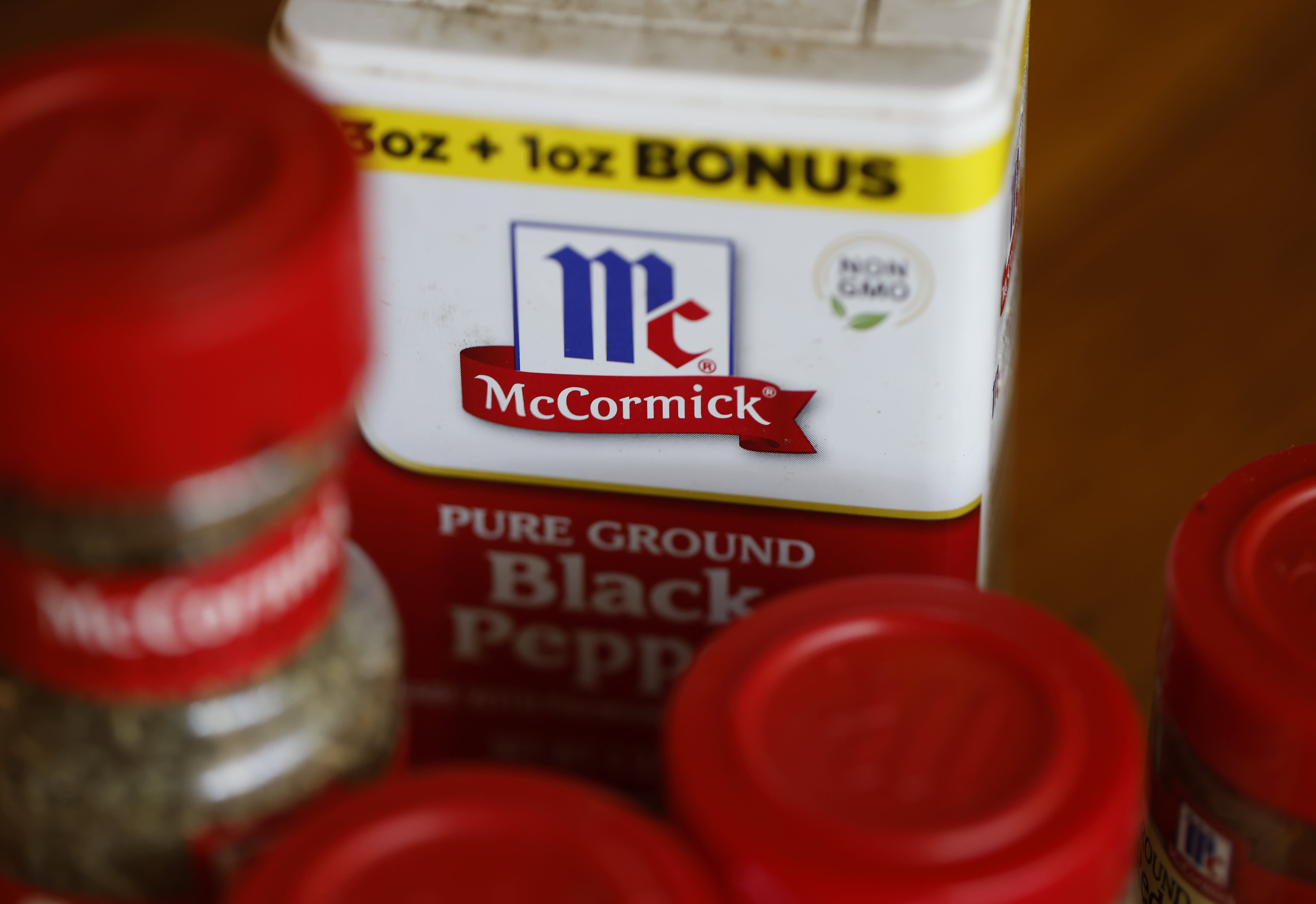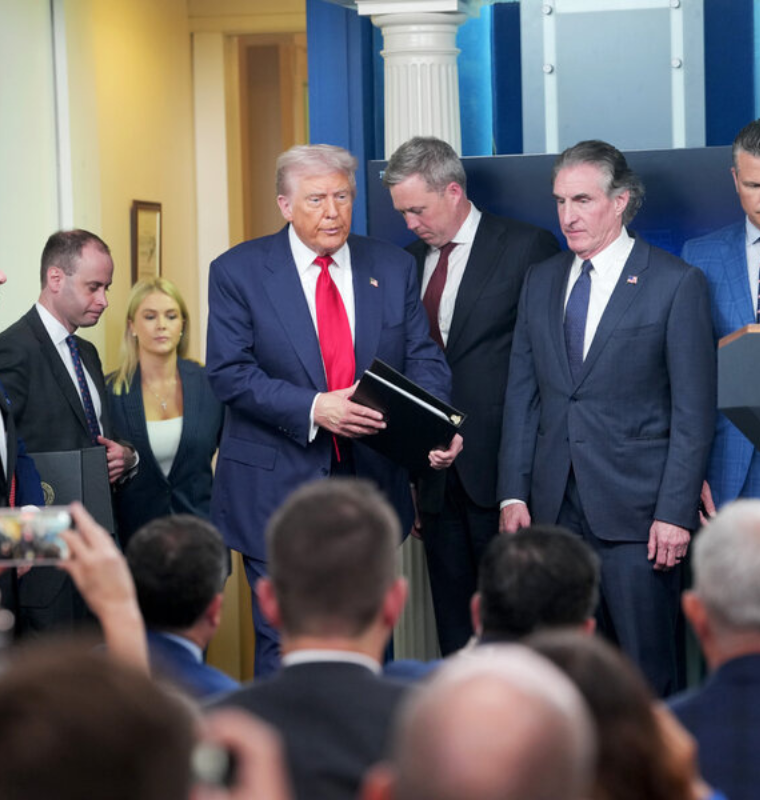McCormick Strategizes Around Tariff Risks to Agricultural Sourcing
McCormick Strategizes Around Tariff Risks to Agricultural Sourcing
By
Leah Rosenfeld
Last updated:
June 27, 2025
First Published:
August 6, 2025

Getty Images
McCormick Tackles Tariff Threats with Global Sourcing Strategy
McCormick & Company is preparing for the financial ripple effects of new U.S. tariffs, particularly those that could impact agricultural imports. Speaking with CNBC’s Jim Cramer, CEO Brendan Foley emphasized that the company’s top concern lies in how tariffs affect the agriculture supply chain, especially for spices and ingredients that can’t be cultivated in the United States.
“This is a big area,” Foley stated. “Agriculture impact is probably what we’re focused on when you’re looking at tariff impact.”
Majority of McCormick’s Ingredients Come from Overseas
While nearly 90% of McCormick products sold in the U.S. are manufactured domestically, Foley stressed that most core ingredients are sourced internationally, due to climate and regional growing limitations.
Take black pepper, for instance—one of the company’s cornerstone ingredients. McCormick imports it from a diverse range of countries, including Brazil, Indonesia, and Vietnam. This global sourcing strategy gives the company some flexibility, but it also makes McCormick vulnerable to fluctuations in trade policy and international tariffs.
Earnings Beat: Consumers Still Prioritize Flavor
Despite inflationary pressures and supply chain challenges, McCormick exceeded Wall Street expectations in its latest earnings report. On Thursday, the company’s shares closed more than 5% higher, driven by strong performance in both its consumer and flavor solutions segments.
Foley attributed the quarter’s success to solid consumer volume growth and McCormick’s ability to meet evolving customer demands.
“Consumers are adapting to economic pressures,” he explained. “They continue to spend and not compromise on flavor.”
He also pointed to a lasting shift in consumer behavior: the number of meals cooked at home remains above pre-pandemic levels. With a heightened focus on health and wellness, McCormick’s positioning in flavor enhancement aligns well with trends in home cooking and clean eating.
Flavored Advantage: “We Don’t Compete for Calories—We Flavor Them”
Foley further emphasized McCormick’s unique value proposition in today’s food industry landscape. As many companies fight for consumer attention in the crowded packaged goods space, he said, McCormick stands apart.
“The best way to describe McCormick is, while others are competing for calories, we flavor them,” Foley noted.
This philosophy plays into the company’s efforts to collaborate with food and beverage brands, expand its portfolio, and deepen its influence in kitchens and restaurants alike.
Preparing for a New Trade Reality
Foley noted that McCormick has done a “nice job mitigating the tariff impact” so far in 2025, using a combination of diversified sourcing, price adjustments, and supply chain agility. However, with uncertainty looming around future trade deals, especially with major spice-exporting nations, the company is not taking anything for granted.
The CEO's comments come at a time when tariff-related anxiety is mounting across industries, especially after recent announcements of renewed or expanded tariffs on agricultural imports from key global producers.
Outlook: Positioned for Growth Despite Headwinds
Looking ahead, McCormick appears to be in a strong position. It continues to benefit from long-term consumer trends toward flavorful, home-cooked meals and health-conscious eating.
By actively managing geopolitical risks, Foley believes McCormick can maintain its competitive edge—even as global trade dynamics shift.
“We’re going to stay ahead of it,” Foley said, “because flavor never goes out of style.”
Popular articles
Subscribe to unlock premium content
Disney’s Timeless Magic and How the Entertainment Giant Continues to Shape Culture and Innovation

Imran Khan’s Economic Missteps Amid Political Chaos in Pakistan

The Philippines’ Digital Shift How Remittances and BPO Are Fueling Growth

Disney’s Timeless Magic and How the Entertainment Giant Continues to Shape Culture and Innovation

Imran Khan’s Economic Missteps Amid Political Chaos in Pakistan

Disney’s Timeless Magic and How the Entertainment Giant Continues to Shape Culture and Innovation









